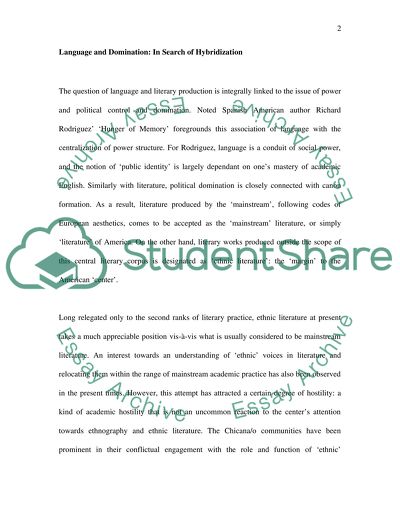Cite this document
(Ethnic American Literature: in Search of Identity Essay, n.d.)
Ethnic American Literature: in Search of Identity Essay. https://studentshare.org/literature/1508947-american-ethnic-literature
Ethnic American Literature: in Search of Identity Essay. https://studentshare.org/literature/1508947-american-ethnic-literature
(Ethnic American Literature: In Search of Identity Essay)
Ethnic American Literature: In Search of Identity Essay. https://studentshare.org/literature/1508947-american-ethnic-literature.
Ethnic American Literature: In Search of Identity Essay. https://studentshare.org/literature/1508947-american-ethnic-literature.
“Ethnic American Literature: In Search of Identity Essay”. https://studentshare.org/literature/1508947-american-ethnic-literature.


